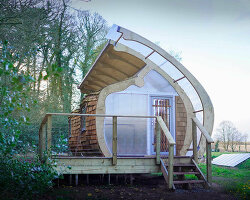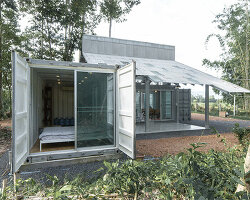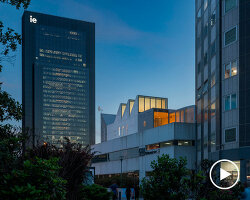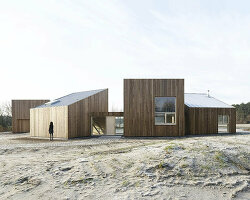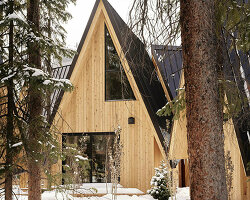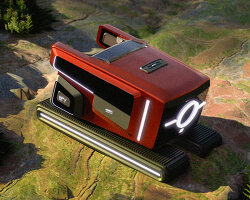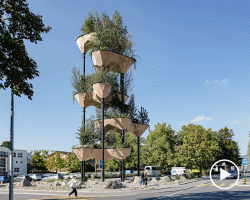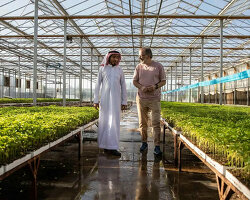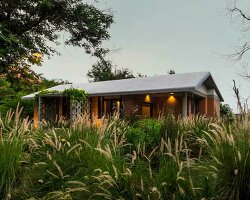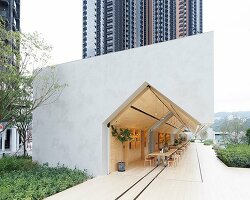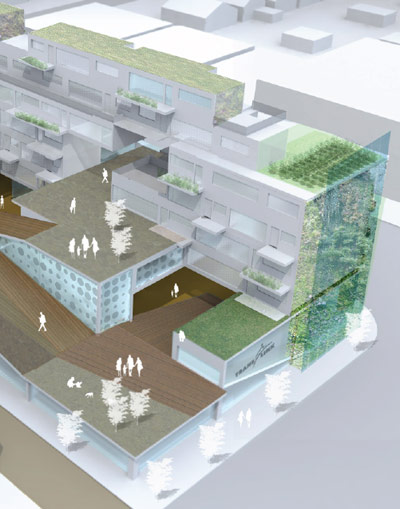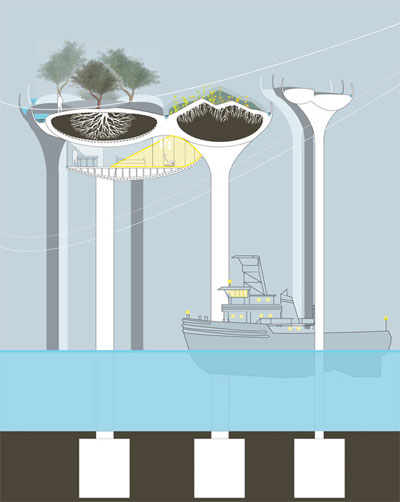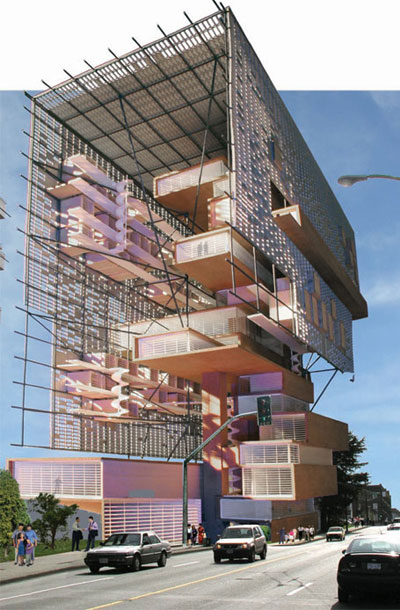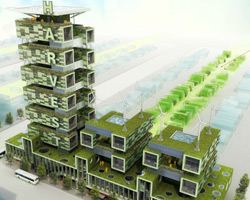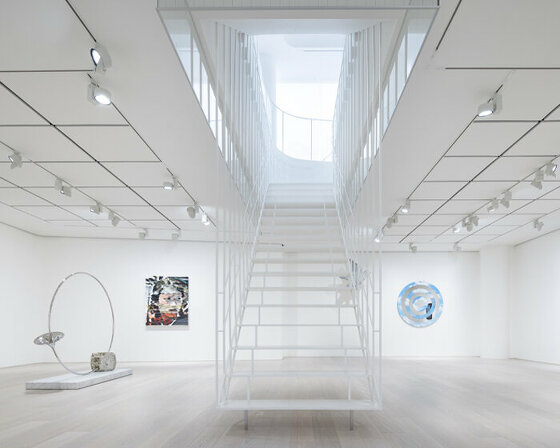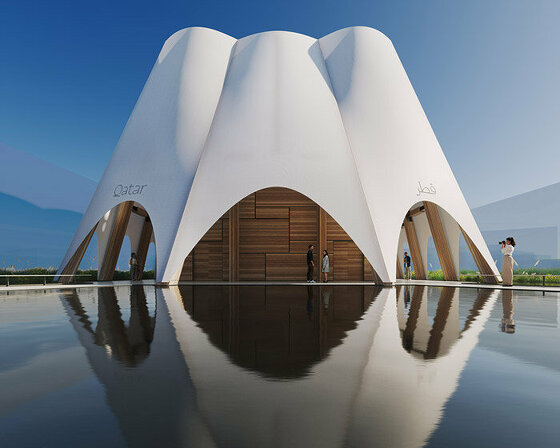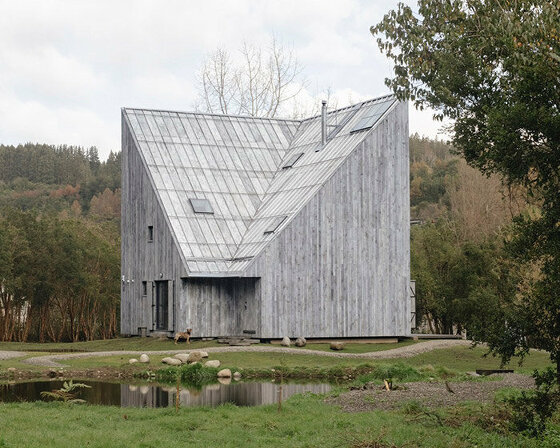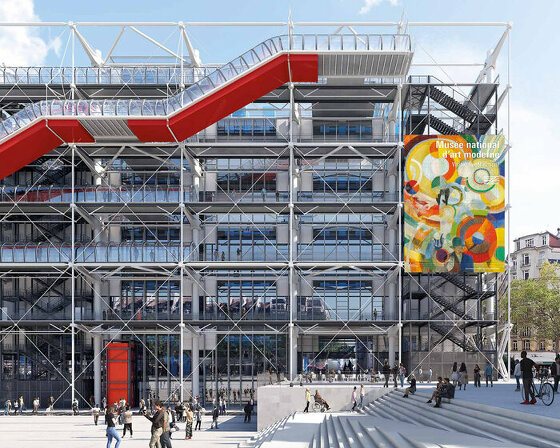KEEP UP WITH OUR DAILY AND WEEKLY NEWSLETTERS
PRODUCT LIBRARY
the minimalist gallery space gently curves at all corners and expands over three floors.
kengo kuma's qatar pavilion draws inspiration from qatari dhow boat construction and japan's heritage of wood joinery.
connections: +730
the home is designed as a single, monolithic volume folded into two halves, its distinct facades framing scenic lake views.
the winning proposal, revitalizing the structure in line with its founding principles, was unveiled during a press conference today, june 20th.

 harvest green project-02 image courtesy romses architects
harvest green project-02 image courtesy romses architects harvest green project-02 image courtesy romses architects
harvest green project-02 image courtesy romses architects green street (laneways) image courtesy romses architectsinspired by the vibrant traditional mixed-use ‘hutong’ laneway housing throughout china, the harvest green project seeks to transform vancouver’s hidden laneways into synergistic ‘green streets’. a new space where environmental, social, urban design, and community aspirations intersect while respecting and enhancing the existing single family fabric of the surrounding neighborhood. a proposed 10m zone of the rear of the owners single family land parcel will be designated as a flex zone where they can live, work, or even rent this land to the adjacent community or city for such environmental programming elements such as: shared car co-op parking, community gardens, communal energy harvesting, communal rainwater cistern, pocket parks etc. as individual lot parcels develop laneway housing, the standard 6m paved laneway would slowly be remediated to a permeable 4m paved surface with rain gardens, bio-swales and lay-by’s for cars passing in opposite directions.
green street (laneways) image courtesy romses architectsinspired by the vibrant traditional mixed-use ‘hutong’ laneway housing throughout china, the harvest green project seeks to transform vancouver’s hidden laneways into synergistic ‘green streets’. a new space where environmental, social, urban design, and community aspirations intersect while respecting and enhancing the existing single family fabric of the surrounding neighborhood. a proposed 10m zone of the rear of the owners single family land parcel will be designated as a flex zone where they can live, work, or even rent this land to the adjacent community or city for such environmental programming elements such as: shared car co-op parking, community gardens, communal energy harvesting, communal rainwater cistern, pocket parks etc. as individual lot parcels develop laneway housing, the standard 6m paved laneway would slowly be remediated to a permeable 4m paved surface with rain gardens, bio-swales and lay-by’s for cars passing in opposite directions. harvest green project-02 image courtesy romses architects
harvest green project-02 image courtesy romses architects harvest green project-02 image courtesy romses architects
harvest green project-02 image courtesy romses architects green prefab ‘modpods’image courtesy romses architects
green prefab ‘modpods’image courtesy romses architects